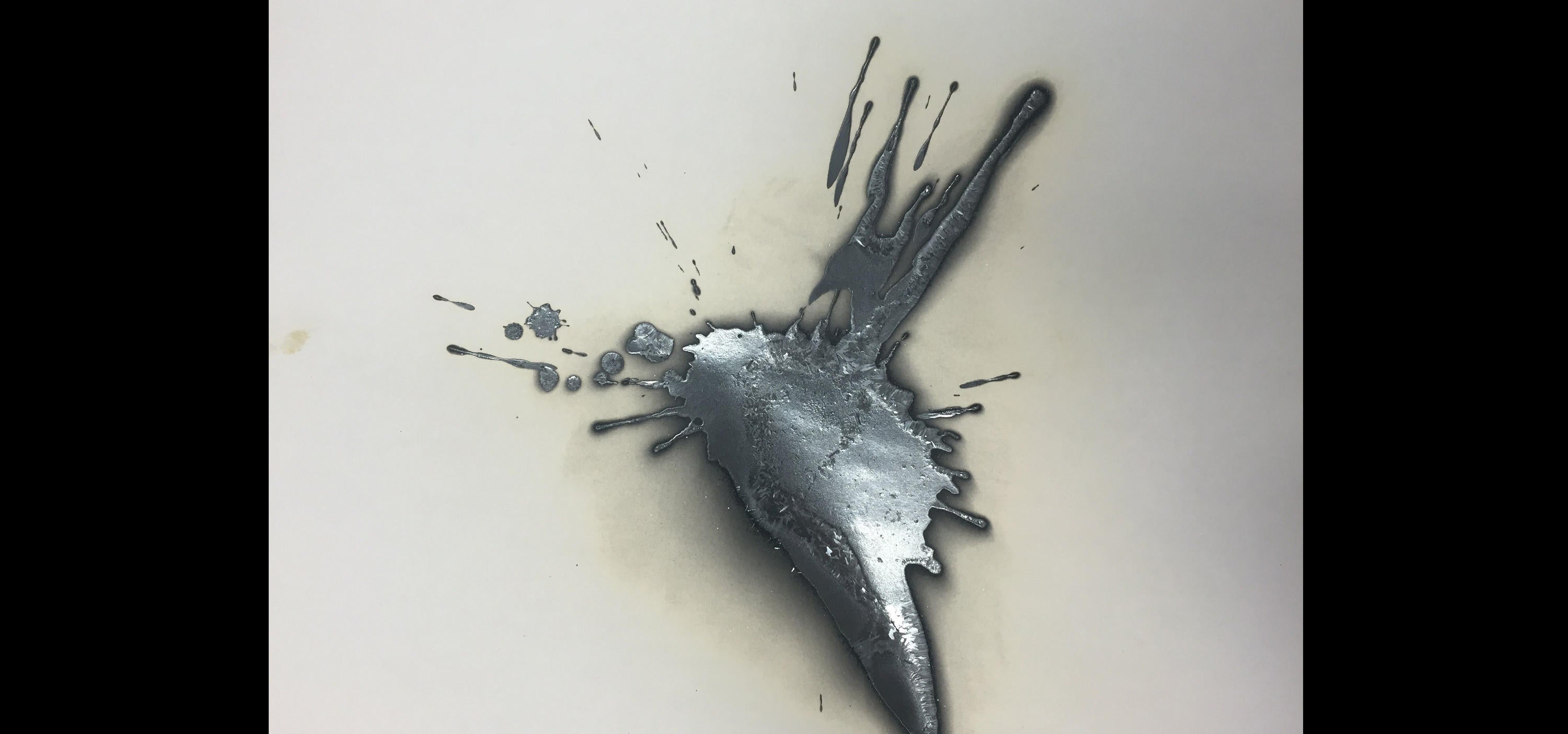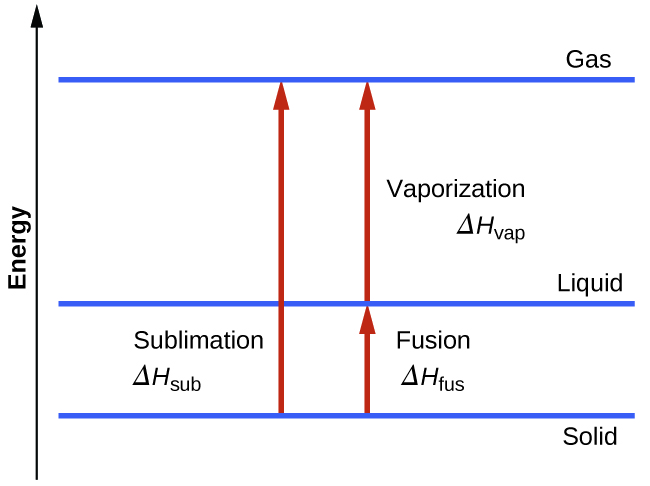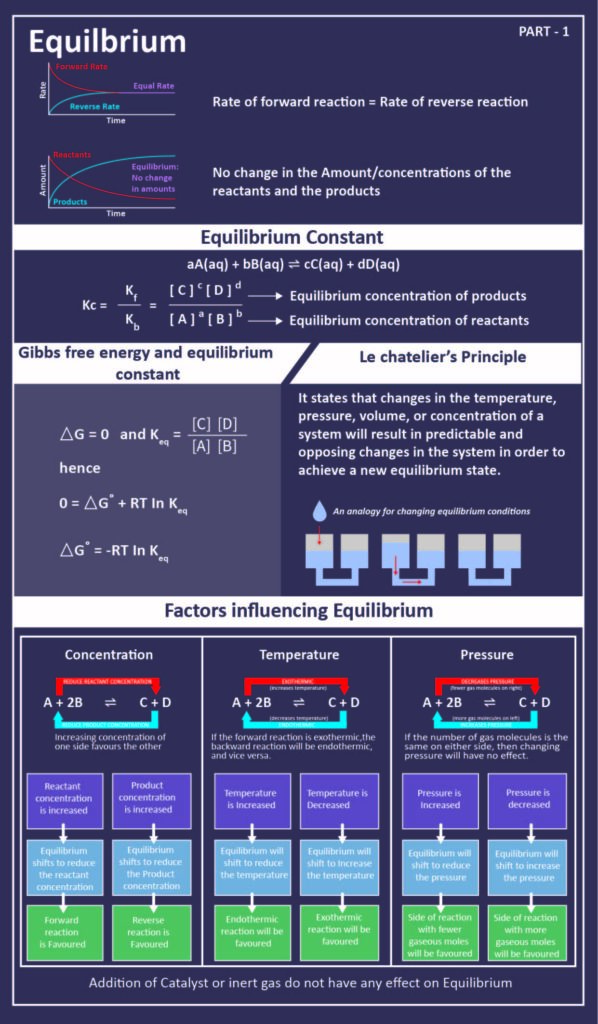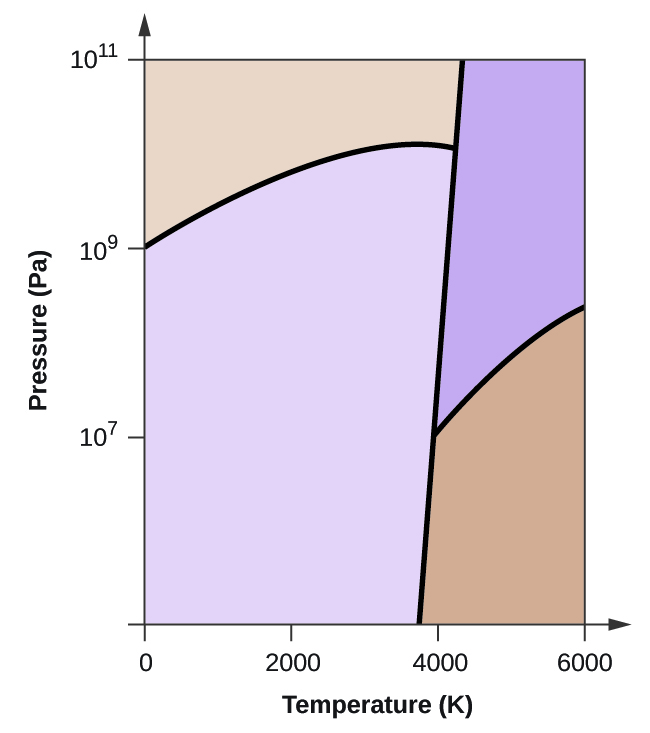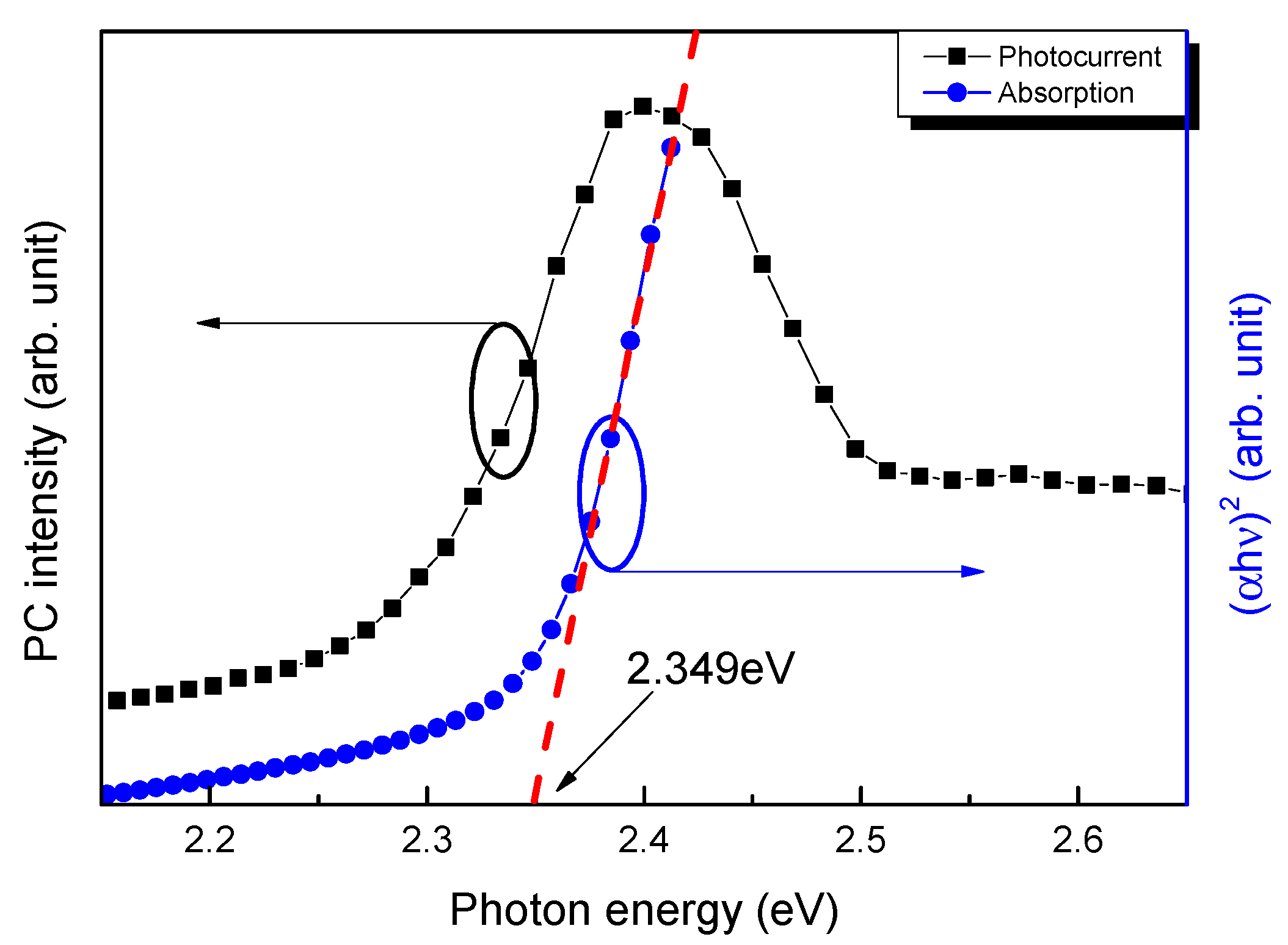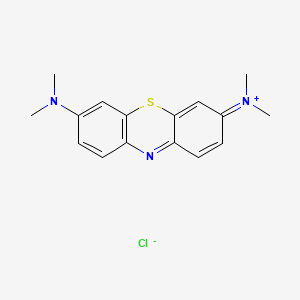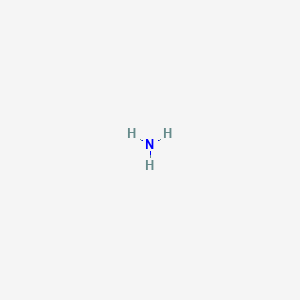Transformation Of Solid Iodine To The Gaseous State At Room Temperature

Is a chemical property of iodine.
Transformation of solid iodine to the gaseous state at room temperature. Iodine is a nonmetallic nearly black solid at room temperature and has a glittering crystalline appearance. Iodine is a chemical element with the symbol i and atomic number 53. Sublimation is the process of direct transformation from the solid state to the gaseous state without passing through a liquid phase. The temperature of the sample remains constant while the ice melts.
We can define sublimation as the transition of a substance from the solid phase to the gaseous phase without changing into the liquid phase. The term sublimation is the passage or the transformation or conversion that substances undergo when passing from one state to another for example from a solid substance to gas. An endothermic reaction corresponds to one in which. Is an endothermic process.
Results in a chemical change. Above 700 c 1 300 f dissociation into iodine atoms becomes appreciable. Is an endothermic process. The direct transformation of solid iodine to the gaseous state at room temperature.
Is an endothermic process. It is an endothermic phase transition that occurs at temperatures and pressures below the triple point of a substance temperature and. The temperature of a gas or vapor in its critical state. This is a.
Does not affect the density of the iodine. Iodine iodine physical and chemical properties. Freezing is an example of an. The heaviest of the stable halogens it exists as a lustrous purple black non metallic solid at standard conditions that melts to form a deep violet liquid at 114 degrees celsius and boils to a violet gas at 184 degrees celsius however it sublimes easily with gentle heat resulting in a widespread misconception even taught.
As a pure element iodine is a lustrous purple black nonmetal that is solid under standard conditions. The process of transition of a substance directly from its solid phase to gaseous phase without going through the liquid state is called sublimation. The temperature at which a solid becomes a liquid is called the. Some examples of sublimation chemistry are the processes that experience water carbon dioxide iodine arsenic or sulfur.
The energy needed to change an amount of a substance from a solid to a liquid is the. Sublimation occurs at a very low super cold temperature and low pressure. Iodine crystals dry ice naphthalene moth balls and arsenic tend to sublimate. Iodine is a solid at room temperature because because at 114c it turns from a solid to a liquid.
The direct transformation of solid iodine to the gaseous state at room temperature. Results in the reaction i2. The density does change a lot when going from solid to gas.








